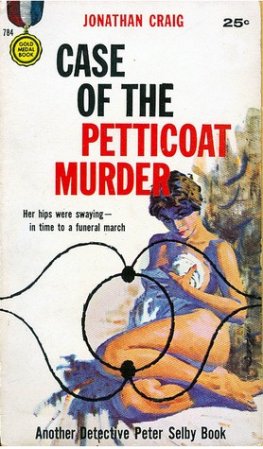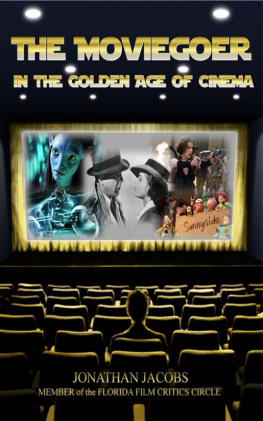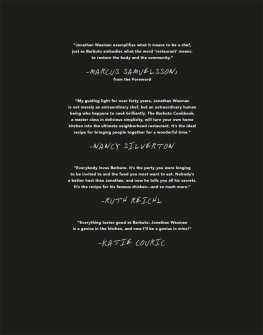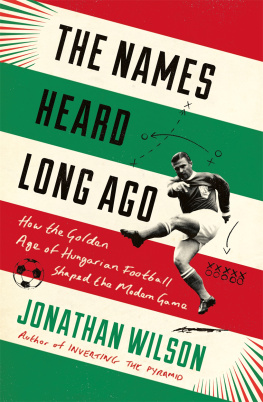The Golden Spur
Dawn Powell
1962
ISBN-10: 1883642272
The note forwarded to her from the Pen and Brush Club had given Claire Van Orphen a full morning of reflections on the past. Some young manthe signature was unknown to herwould like to call on her on purely personal business connected with Constance Birch. He realized, the writer said, that a busy author like Miss Van Orphen must have had a dozen secretaries, and Constance Birch had worked for her less than a year1928 it had been. But the experience had meant so much to his mother (for he was Constance Birch's son) that he dared to hope Miss Van Orphen might retain some recollections of her. Since his mother's death years ago he had regretted the lost opportunities for not having known her better, and now that he was in New York he was trying to enrich his picture of her by meeting those who had known her during her own New York period.
Constance Birch, Miss Van Orphen mused, putting down the note and frowning into space. What in heaven's name could she remember about her beyond the fact that she'd been the last secretary she had been able to afford? A pale, sweet, quiet little creature, Claire recalled, so shy you thought she'd be afraid to go home at night when she had to type late. Not at all, the girl had assured her. It was true that she had to cross that dark block under the El to get to her room, but she had the habit of stopping in a very nice bar for a sandwich and a beer, and there was always some nice fellow there going in her direction.
Well, I certainly can't tell her son about that, Claire reflected. Nor about the literary tea Claire had givenoh, those were the lavish daysin the Brevoort banquet suite, with Connie helping her in her nice unobtrusive way, and the surprising way the child had passed out in Claire's room later, passed out cold, as if there wasn't enough to do after a party.
"I'd never tasted champagne before, Miss Van Orphen," she had explained when she revived, greatly mortified. "And I'd never met so many famous men. Wasn't it awful?"
For the life of her Claire couldn't remember the girl's face or much of anything except that she was so obliging you couldn't fire her for her inexperience, and she didn't get on your nerves like the more hard-boiled efficient ones did, who charged more, besides. She did remember how anxious the girl was to learn city ways and yet how singularly blind she was to them. For instance, she always wore tennis shoes and simple little cotton dresses she made by hand, oblivious to the stylish touches from the Vogues she studied. Her pale cheeks would flush with excitement when she had to type a letter to some well-known editor, and she would stare with wide, eager eyes when Claire was on the telephone, then stammer, "M-Miss Van Orphen, excuse me, I couldn't help overhearingdo you really know Susan Glaspell personally? My!" Yes, her candid naivet had made Claire feel sinfully worldly, she recalled, though there had been curious features about it. Like the time it had struck Claire that the child was available almost any hour of day or night and therefore must be having a friendless sort of life, so she decided to take her to The Black
Knight for dinner, that being a popular speakeasy below the square where Claire had been taken once by an editor. On the way down Claire had felt a few qualms about introducing the little country girl to the kind of Village life she herself did not know or even wholly approve. It puzzled and amused her that, when they entered, several patrons, and the owner himself, cried out, "Hello, Connie."
"I thought you said you'd never been here," Claire said.
"Oh, I didn't know you meant Sam's," Connie said. "We just call it Sam's, you see."
Aside from those little kinks, Claire remembered nothing remarkable about her except that she had typed a serial Claire had sold to the Delineator, almost her last success. Well, all she could do for the young man, Claire thought, was to fill him in on the general background of Greenwich Village in the late twenties, the way biographers did when they ran short of personal facts.
Having so little to tell him, she would have the added embarrassment of disillusioning the lad about his mother's fine connections. Obviously the slight contact with Claire had been built up after the girl had gone back home and married the old steady beau. Claire recalled Christmas cards signed "Connie, with appreciation for all your kindnesses my wonderful year in New York." She would certainly have to do something for the boy, have him come to the cocktail lounge for teathe canaps were free. Sometimes a talented guest played the old grand piano, and there were young people around once in a while, so the place didn't seem such an elderly retreat.
It had been a long time since any stranger had looked her up, and Claire began to brighten. In the old days people they'd met on trips were always telephoning the Van Orphen girls"You told us in Florence to be sure and look you up when we got to New York." It used to put the girls on their mettle, trying to put on a good show at home for those fascinating worldly strangers. Bea wasn't on hand for the sister act any more, of course; she had to manage alone now.
Claire pushed aside the avocado plant she was nursing in its glass of water on the window sill, and selected a pen from the glass slipper on her desk. She addressed an envelope to Mr. Jonathan Jaimison at the East Tenth Street address and began writing her note.
One thing Claire had no worry about was her clothes. She might be obliged to live in a cell, uncertain of selling a line she wrote, uncertain of the dear moments she could be granted with Bea, too modest to cling to successful old friends, but at least she need never worry about her appearance. She was happy in that knowledge.
Friends and relatives had scolded her years ago for throwing away all her money on clothes. "You'll have to go into your capital first thing you know," they warned. But in these difficult years Claire was glad of her wardrobe because good, really good clothes never go out of style, she said, and she'd rather feel a good three-hundred-dollar Molyneux dress on her back, even if it was thirty years old, than a brand-new budget-shop print, which she couldn't afford anyway. The ever-rising room rent in her modest hotel took a huge bite out of her vanishing income and dwindling royalties, but the backlog of fine clothes made her feel secure.
She had had to give up her original nice little suite for a bed-sitting-room barely large enough to hold her huge wardrobe trunk and hatboxes. The file cabinet had had to go to the cellar, but that was just as well. Instead of its testifying to her long, honorable professional career as a writer, those drawers full of manuscripts with attached lists of rejections and future publishing possibilities (now largely out of business) were rude reminders of a lifetime of misspent hopes. The simple little desk with its six pigeonholes, tiny Swiss typewriter in the drawer, notebook and vase of pencils on top, were equipment enough for her present literary activities. The published pieces, the travel books and Christmas juveniles, were on the closet shelf, wrapped in cellophane. The stories she was always writing for she could not stop the silly habit any more than she could stop saying Now-I-lay-me every nightshe kept hidden in orderly stacks under the bed.
In the always-open trunk, stuffed closet, and bulging dresser drawers there were enough costumes for Claire to appear in different combinations for years to come. Some of the older creations, dating back to Paquin and Worth, remained in almost mint condition or only "slightly foxed," as the booksellers would say, and some of the post-World War I numbers seemed to be coming back in style. It was a pity that social life had deteriorated to the point where formal evening dress was seldomindeed, where Claire was concerned, neverrequired any more. She had wistful moments of shaking out the bouffant rainbow tulle













